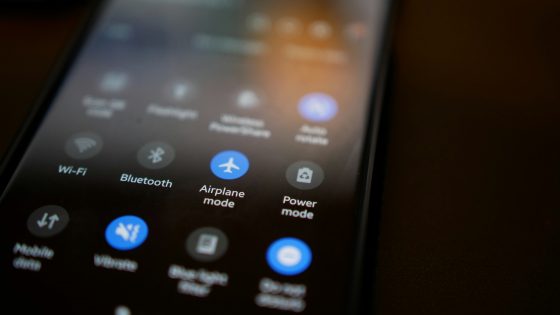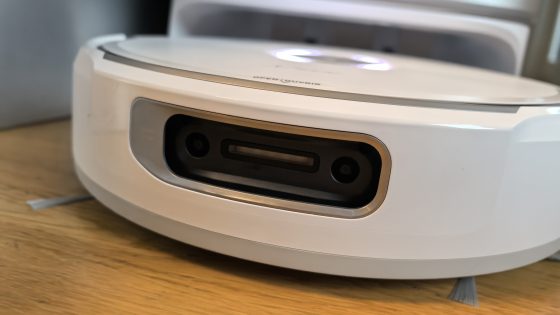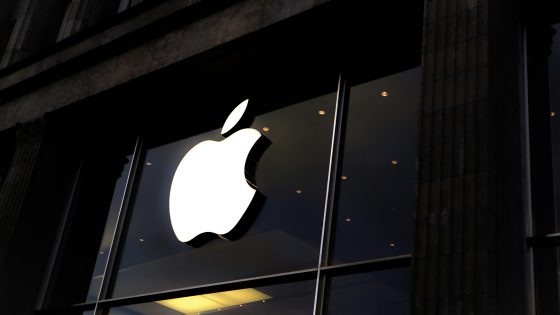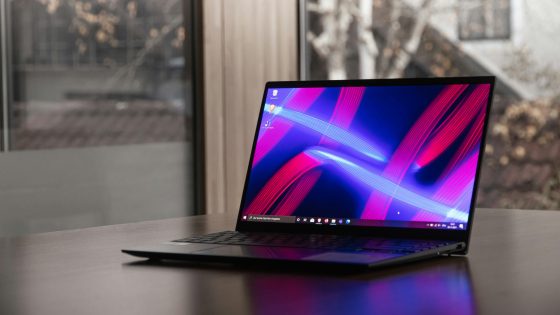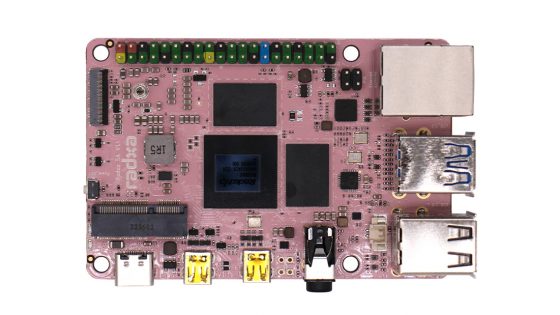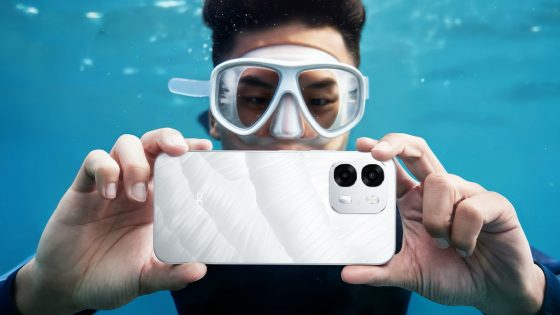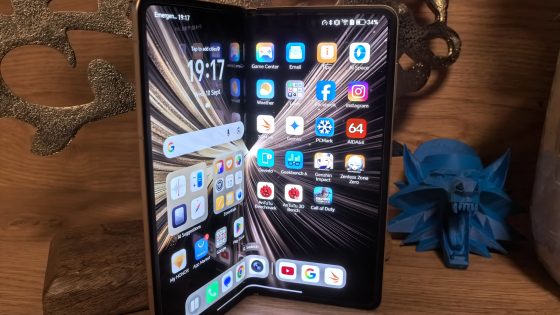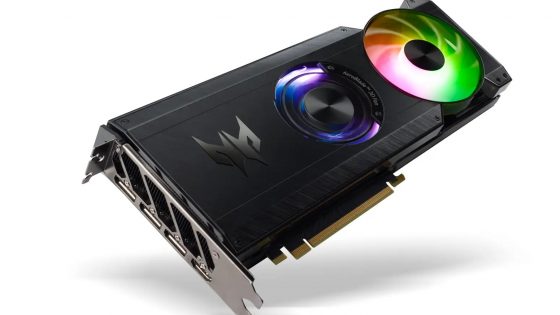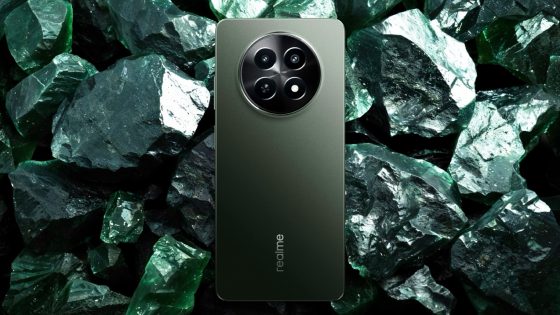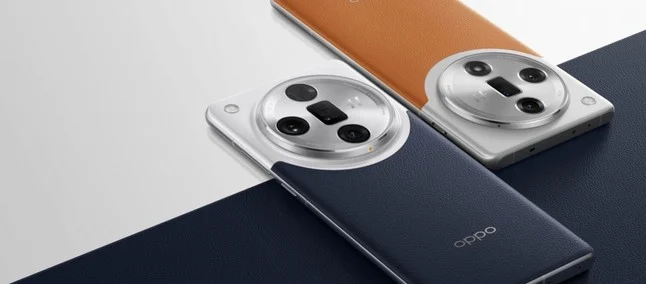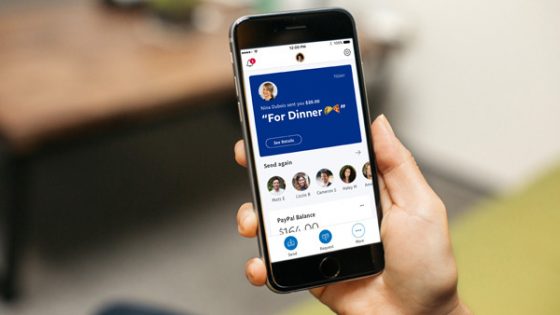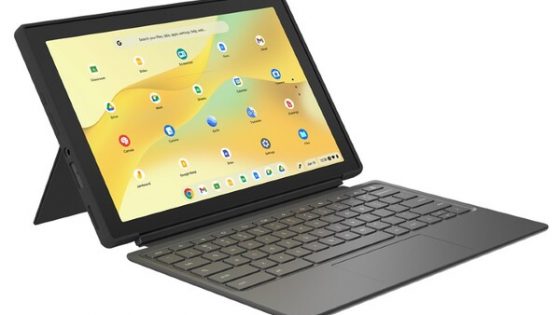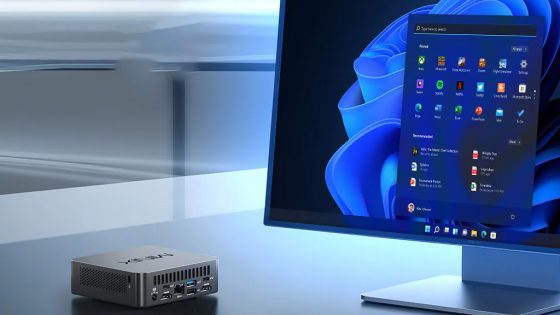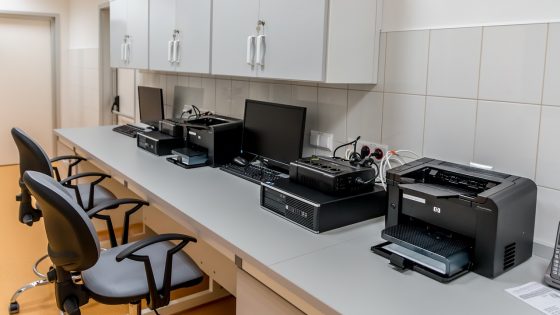How to prepare your phone before vacation?

Preparing your phone for vacation may sound like an absurd idea. Why should you prepare your phone when you're just going to lie on the beach or explore the world's metropolises? A better question is why do it when you're already on vacation instead of at home when you have more time to do it and you're not stressed.
What do you need to do to get you and your phone ready for vacation?
Help, I got a bill for 60 euros
You've landed in Switzerland, England, the US or any other country outside the European Union. You've stepped off the plane, happily turned off airplane mode, and waited impatiently to connect to the network so you could send your family and friends that you've arrived safely. Before you've even sent your first message, you'll first receive a notification that you've exceeded your limit. You'll grab your head and remember that in all the rush and excitement of your vacation, you forgot to buy a mobile package for abroad - if your operator even offers one. And you have to be careful to manually deactivate the additional package later, otherwise you'll end up paying unnecessary costs every month.
They are the best solutions eSIM or purchasing a physical SIM card in the country where you are vacationing. You can usually buy a physical SIM card at the airport, but it's still a good idea to find out which local operator offers the best package for your needs beforehand. The same package can also be cheaper outside the airport, so sometimes it makes sense to be patient and make the purchase later.

You can buy an eSIM online or through an application such as Airalo. Follow the instructions to add an eSIM card and don't forget to check in the settings that the switch has been made. Which is cheaper, eSIM or local SIM card? It really depends on the country you are traveling to. I have already seen that the SIM card that can be bought at the first gas station in Serbia is cheaper than the eSIM card in the Airalo application. The latter is a great solution for more exotic countries, such as the Maldives, where an eSIM card is almost always a better solution.
Before you travel, check what is more worthwhile for you. And, of course, check if your phone even supports an eSIM card. This is guaranteed in the premium class of phones, but lower down the scale it is not a given. How can you tell if your phone supports eSIM? Go to Settings, Network or Connectivity section and search for eSIM settings or simply use the quick search.
Have fun while you're still at home
You have a flight of several hours waiting for you and at the same time you are thinking about how you could spice up your time lying on the beach and staying in an apartment or hotel. Relying on a TV in a hotel is always a bad idea. The number of programs is limited, and the content can also be synchronized, which for many ruins the movie experience.
What you can do is turn your phone into a media player. Are you subscribed to Disney+ or Netflix? Did you know that you can also watch content offline? Choose movies and series that you would like to watch with your partner and family, download them to your phone and enjoy. You can even upgrade the experience by wirelessly projecting content from your phone to your TV screen, provided the TV supports it. Some phones also support video signals from the USB-C connector, so you can also connect to the TV with a cable.
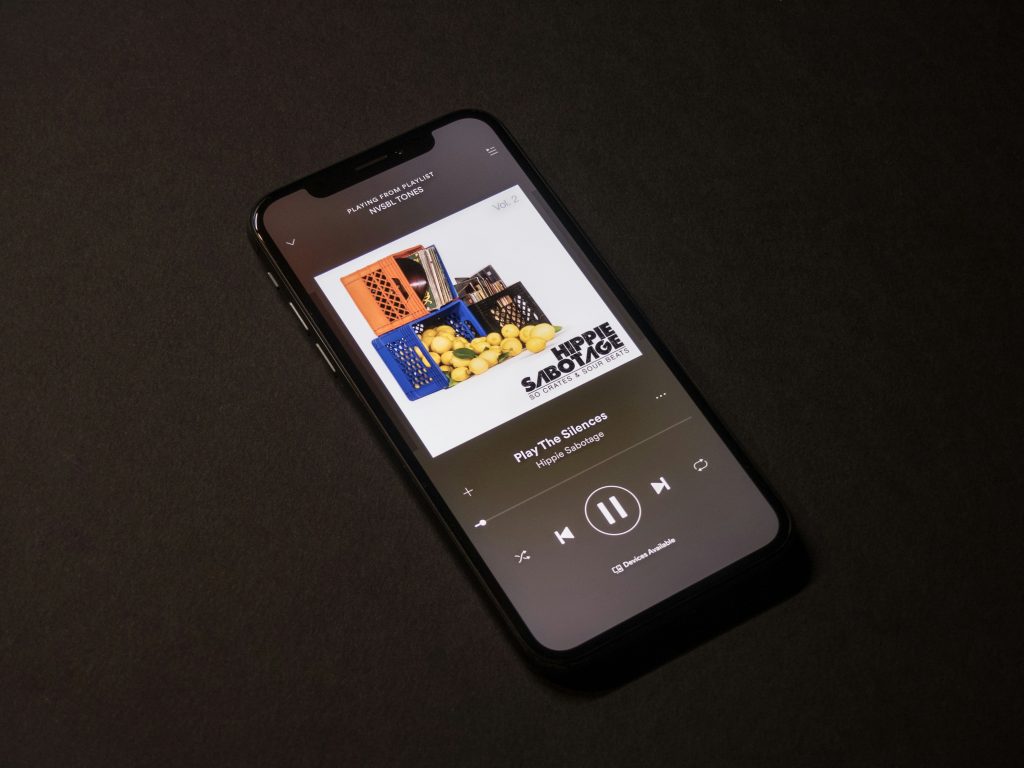
If you don't subscribe to streaming services and swear by your local multimedia library, connect your phone to your home computer and download what you want to watch on vacation or listen to on a plane. We would also advise you to download a dedicated player such as the VLC app as the phone's default player may not support all video formats.
Now you know what to do. All you have left is the games. When you are in a foreign country, you are limited by data transfer. Even if you have 20 GB available, why waste it on downloading games when you can spend it on YouTube, Maps etc. Before you go on vacation, go to Google, Apple, or some third-party app store, download simple games to beat boredom, and do any major updates. While playing, even more demanding games such as Genshin Impact, Call of Duty... do not use much data, the problem is updates, which can require several gigabytes of data. However, I wouldn't recommend playing these types of games on vacation if you only have 1GB of data available, for example. Keep games as simple as possible.
If you are a more advanced gamer, download it emulators older consoles or even for Windows, prepare the desired games and don't forget to pack them in your suitcase controller.
Don't forget about safety
Too often I see phones still being unprotected even though we have PIN, pattern and biometric unlocking available. Also, too many users use very simple passwords (0000, 1234) and patterns that any rogue can figure out after a few tries. Biometrics can also be tricked, but much harder than classic security solutions. Protecting your phone is not only mandatory on vacation, but always and everywhere. If you're unlucky and someone steals your phone, at least you'll have peace of mind that the thief won't be able to access your data just like that.
Also turn on the Find My Phone feature, valid for both Android and iOS users, which will give you a better chance of finding your valuables. You can also consider buying an AirTag tracker or Chipolo, the latter also recently got the ability to search for switched off phones.
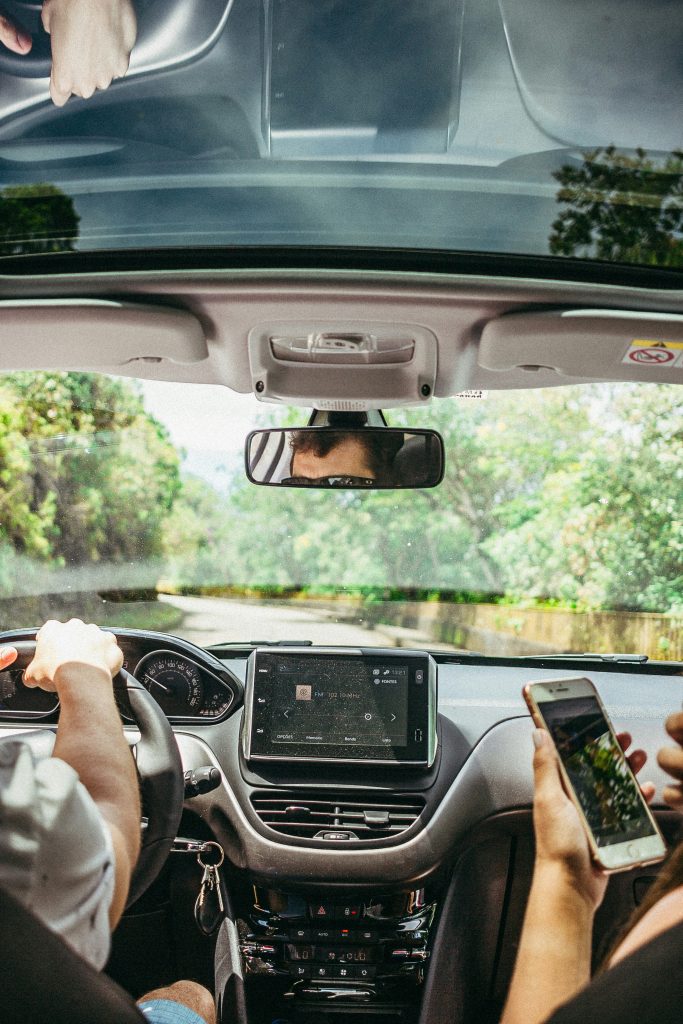
Almost every phone has an option in the settings to set emergency contacts, which usually appear on the lock screen. If you lose your phone, you can count on the kindness of passers-by who, with the help of an emergency contact, will be able to ensure that the phone is returned to you.
Be careful on public Wi-Fi connections and especially public charging points, because someone can quickly take advantage of your carelessness and access the data on your phone. We recommend that you use your own portable battery, which will also provide faster charging in most cases.
A few more valuable tips
Apart from banking apps, the photos on the phone are our greatest asset. Pictures of children, birthday parties, four-legged friends... phones are a treasure trove of long-term memories and in the event that anything happens to the phone on vacation (theft, destruction, if you falls into the water …), you will be able to save at least one valuable in this disaster with a backup copy of your photos. You can store copies in the cloud, such as Google Photos or iCloud Photos, or create a local copy by connecting your phone to a computer and copying the photos to wherever you want (local SSD or external drive).
At the beginning, we mentioned the eSIM card for traveling to countries outside the EU. If, for example, you will only travel through Bosnia and Herzegovina or Switzerland, then you do not need an eSIM card. However, we would like to have access to navigation, for example. The solution? Before you hit the road, you can use Google Maps (or other apps like Waze...) to download maps for later offline use.
Also turn off automatic updates, which can quickly eat up all your data. Most of us have system updates set to complete at night and forget about them altogether, which can be a big hit to our wallets. You can turn them off in settings, and you can do the same in the Google and Apple stores.
We have listed some important tips on how to best prepare your phone for vacation. Did we miss something? What do you do?



